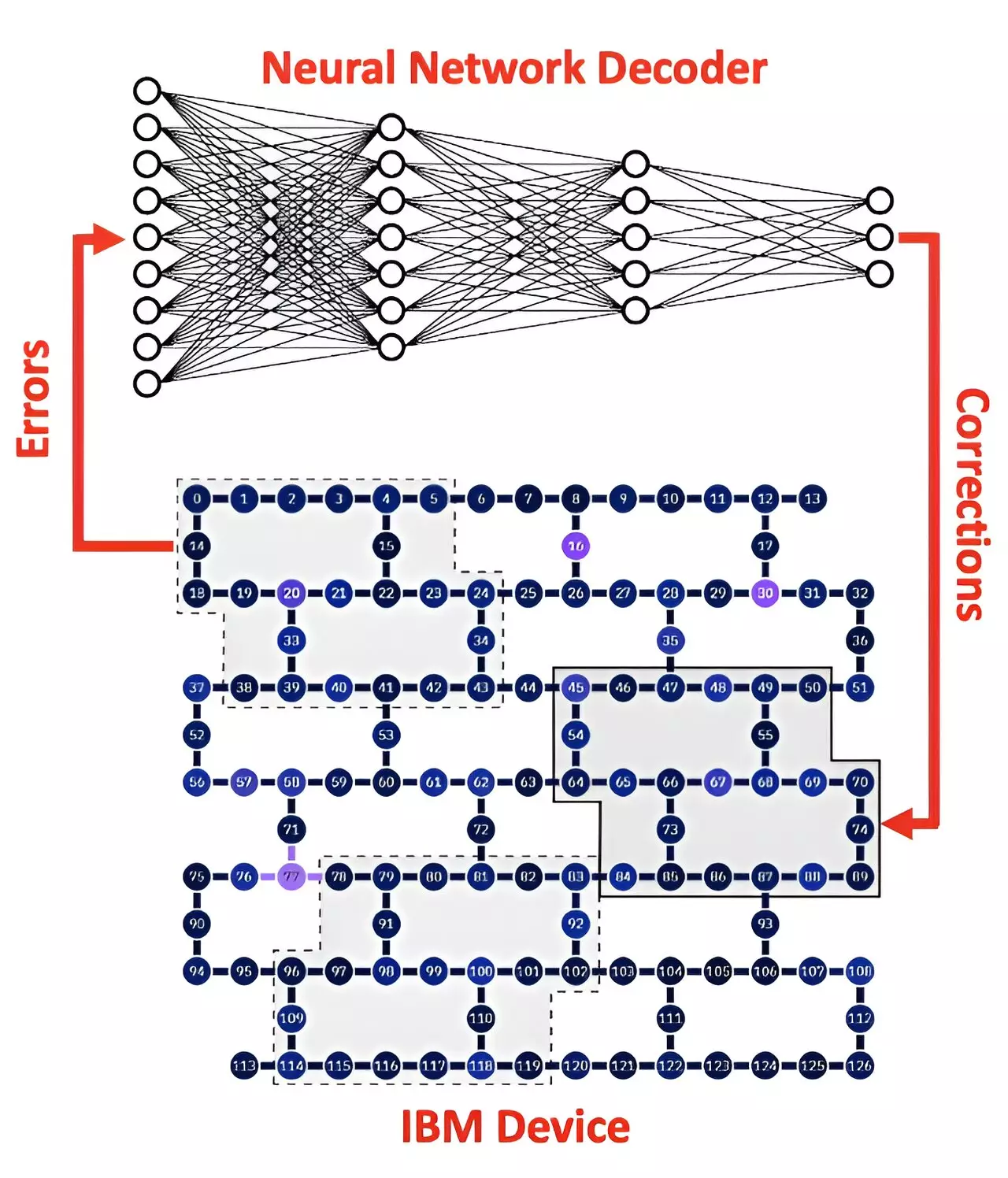Quantum computing has captivated the imaginations of scientists, technologists, and visionaries alike. With the potential to solve intricate problems that are currently insurmountable for classical computers, the allure of quantum power is hard to resist. Imagine tackling complex simulations in drug discovery, optimizing supply chains, and enhancing cybersecurity—all within a realm made possible by the strange rules of quantum mechanics. Yet, despite the tantalizing promise, the field has faced its share of hurdles. The most daunting challenge remains the notorious qubit noise that hinders the progression from theory to practical application. This is where the synergy between artificial intelligence (AI) and quantum computing could turn the tide.
Understanding Qubit Noise and Its Implications
At the heart of quantum computing lies the qubit, a revolutionary unit of information that transcends the classical binary system. Unlike a traditional bit, which can be either 0 or 1, qubits leverage the principles of superposition, allowing them to exist in multiple states simultaneously. However, this delicate ballet comes with a price: qubits are highly susceptible to noise—random fluctuations that can distort outputs and render computations unreliable. In essence, the errors induced by qubit noise have emerged as the Achilles’ heel of quantum computing, blocking the path to reliable technologies capable of delivering real-world solutions.
The concept of quantum error correction codes has been a crucial development aimed at countering these noise-induced errors. These codes spread logical information across multiple qubits, enabling corrections to occur when discrepancies are detected. Nonetheless, effectively implementing these codes involves complex computations that are often beyond the capabilities of traditional methods. This is where emergent AI technologies come into play, promising to streamline the error correction processes and pave the way for more robust quantum systems.
AI to the Rescue: The Role of Neural Networks
The recent research conducted by Australia’s national science agency, CSIRO, unveiled a groundbreaking approach: utilizing AI-driven neural networks to tackle quantum error correction. By designing a neural network syndrome decoder, researchers have positioned AI as a transformative force capable of deciphering complex error patterns generated by real quantum hardware, such as those found in IBM’s quantum processors. This leap forward signifies not just an incremental improvement, but a revolutionary paradigm shift in how we approach quantum error correction.
Dr. Muhammad Usman, a key figure in CSIRO’s Data61 Quantum Systems Team, articulated the ramifications of their findings: AI could streamline the bittersweet complexity of qubit noise, offering efficient and intelligent corrections. Such advancements can be game-changing, allowing quantum computers to approach their theoretical potential without being stifled by the very noise that currently impedes their growth.
The Road Ahead: A Promising Horizon
While the initial results are promising, experts caution that there are still considerable challenges ahead. The research pointed out that current noise levels in IBM’s quantum processors are above what is theoretically optimal for fault-tolerant quantum computing. However, with ongoing advancements in both quantum hardware and AI-driven methodologies, the horizon looks optimistic. As physical error rates diminish, the potential for AI to confer stability in quantum error rates could lead us toward a future where quantum computing not only emerges as a practical tool but also a foundational technology that drives progress across myriad fields.
The intersection of AI and quantum computing is a beacon of promise, transforming abstract theories into actionable solutions. As the transfer of knowledge between these two cutting-edge domains deepens, the ability to harness quantum mechanics for practical applications will likely transition from an ambitious dream into a tangible reality. The implications for industries ranging from finance to healthcare could be monumental, revolutionizing our approach to complex problem-solving in ways we have yet to fully comprehend.
Defining a New Era of Technology
As AI continues to evolve, the synergistic relationship between it and quantum computing has the potential to define a new era in technology. We stand at the edge of a paradigm shift—one where the fusion of artificial intelligence capabilities can diminish the fractures in quantum systems. By effectively addressing the noise that has long plagued quantum computing, AI may not merely serve as an auxiliary tool but rather as a cornerstone in the architecture of future quantum technologies. In this unfolding narrative, innovators and researchers have a pivotal role in guiding us through uncharted territory, one that promises to redefine the limits of human ingenuity and technological potential.

